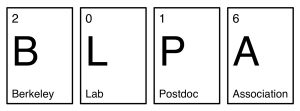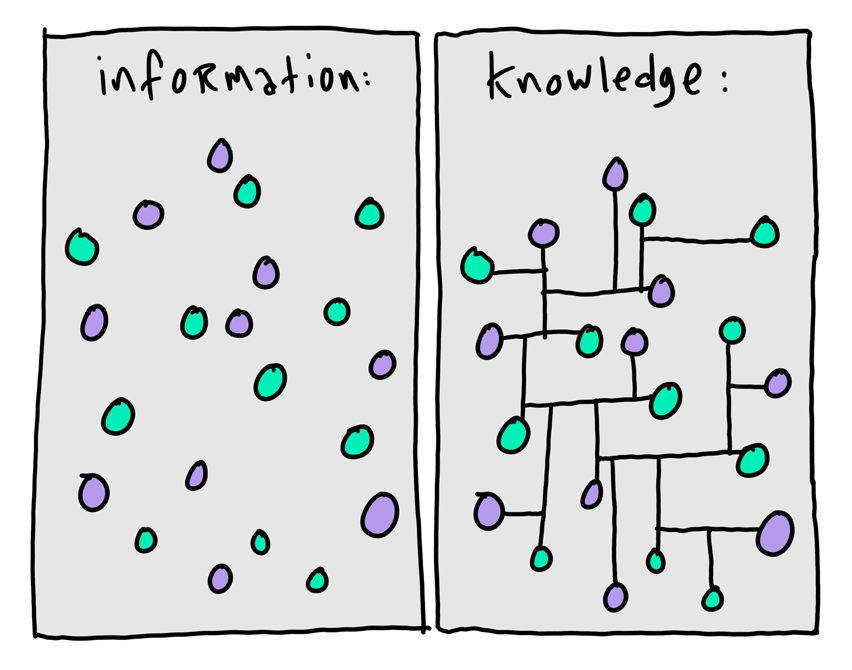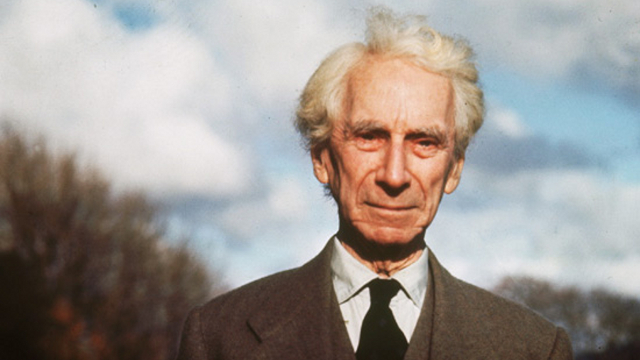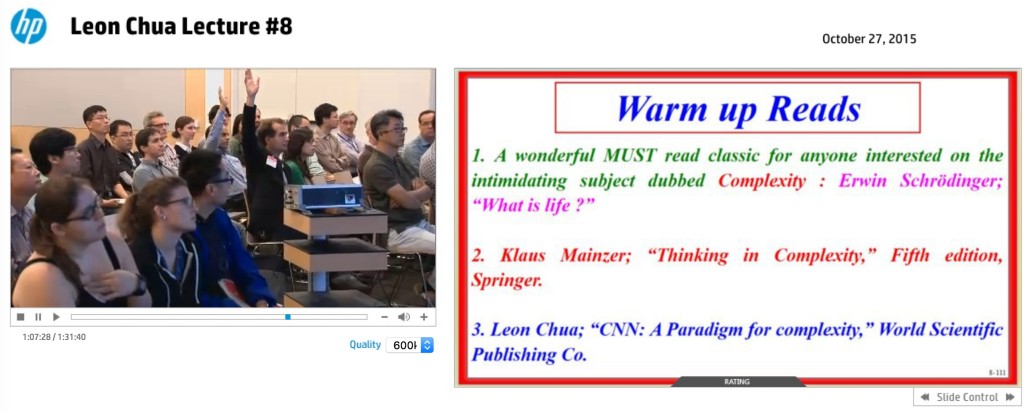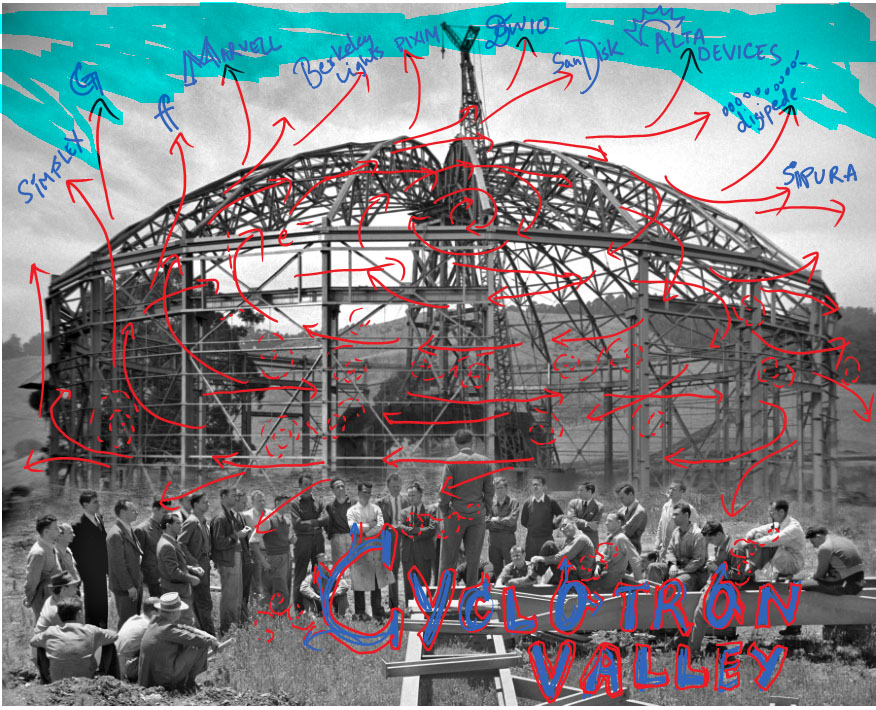“Millenials”…
“We’re the future. And you don’t belong in it. Because we’re beyond you, and naturally, that makes you feel kind of bad. You have this deep-down feeling that you don’t matter anymore. You should be glad, though… Do you want your kids’ world to be a step above yours? Isn’t that what we’re all doing? So, doesn’t it follow that if you’re a good parent, and your kids evolve, and are smarter than you, they’re gonna make you feel kind of dumb? So if you feel stupid around young people, things are going good.”
(Louie CK, video via Vulture (broken) – view on facebook)
There needs to be a ‘maximum wage’ vs minimum wage ; instead of paying young kids with no family obligations $200,000.00 + a year to sit at Philz Coffee all day and play the latest Candy Crush’ mind chewing gum game with their Lucy Liu wanna be’s, at beck’n call . (SFWeekly, comments added to print)
puzzled by generational drives:
I dropped out of college when I was 18. To move to Los Angeles. To become a rock star. It’s true. […] And lo, it was glorious.
Why share all this silliness? Because there appears to be a strange parallel afoot. Because I recently found myself entranced by Nellie Bowles’ terrific profile over in California Sunday magazine, a tale of the new hordes of “lost boys” of San Francisco, all these naïve, clean-cut, mostly white teenaged computer whizzes from affluent families who are dropping out of college (and, increasingly, high school) to move to San Francisco.They’re here to code, of course. To found companies. To singe their brains with a million lame logos. Which is to say, not for the fame, or the girls, or the fun drugs, or the free love (different era, but still).They’re here for the money.
Attention teen dropouts racing to SF: The tech bubble is lying to you
– Mark Morford
or working for funny companies :
The Greylock partners hear a lot of pitches from companies with cute one-word names and bright logos (Meerkat, Sprig, Nextdoor, Vessel, Operator) that aim at “disrupting” some existing set of economic arrangements. At least in conversation, nobody is safe: education, health-care delivery, media, national currencies. – The Network Man (The New Yorker)


